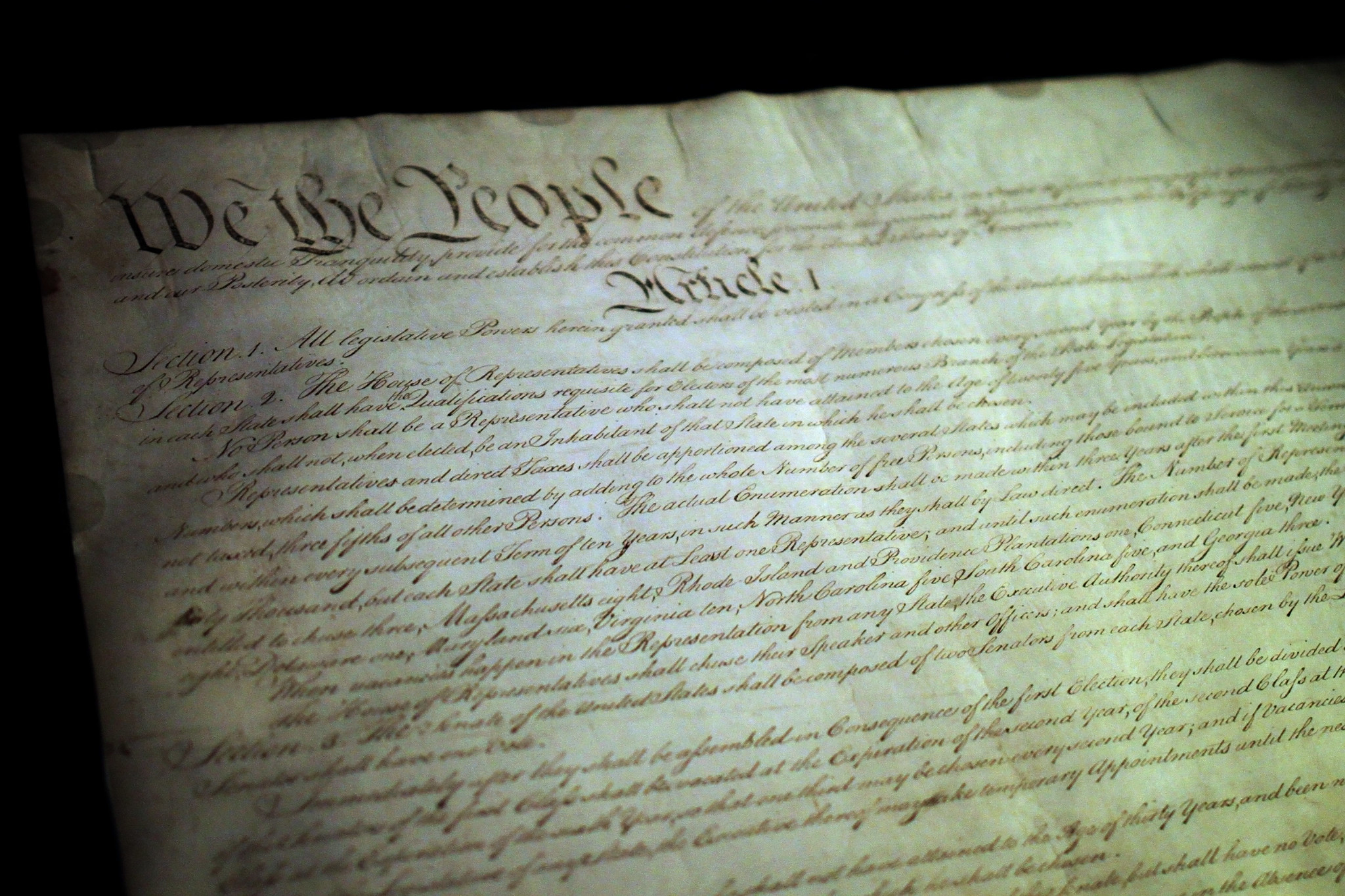When a Witness is Unavailable to Testify in a Criminal Trial
In criminal prosecutions, there can be a lot at stake. For some defendants, they are facing years in prison – perhaps even the rest of their lives. Unfortunately, they may commit additional crimes to try and cover up their initial offense, such as prevent a witness from testifying. When this happens in New York, a missing witness’s prior testimony may still be used against the defendant.
Constitutional Right to Confront the Witness
In the United States, the Constitution guarantees a criminal defendant certain rights. Specifically, this protects the right to confront a witness against him/her, the right to be present at trial, and the right to cross-examine the prosecution’s witnesses.
In all criminal prosecutions, the accused shall enjoy the right to a speedy and public trial, by an impartial jury of the State and district wherein the crime shall have been committed, which district shall have been previously ascertained by law, and to be informed of the nature and cause of the accusation; to be confronted with the witnesses against him; to have compulsory process for obtaining witnesses in his favor, and to have the Assistance of Counsel for his defence. – Sixth Amendment
Sometimes, a person can become unavailable to give testimony at trial. For example, they may move away, or perhaps they no longer are interested in helping the prosecution. Other times, they become unwell, or they pass away.
When this happens, the prosecution may try to use a prior statement made by that person. Generally, out-of-court statements such as these are excluded as hearsay. If the defendant had an opportunity to cross-examine the person, the statement can in some cases be admitted as evidence against the defendant.
Where the Defendant Causes the Witness Not to Testify
There are cases where the witness refuses to testify under more nefarious circumstances. For example, persons can be threatened, coerced, or even assaulted or killed to keep them from testifying. Where this happens, justice dictates that the defendant not profit from his/her misconduct.
In these cases, the prosecution may be able to use a prior statement by the witness, even if the defendant didn’t have the opportunity to cross-examine the person. Where a witness cannot or is unwilling to testify, his/her prior statement can be used if:
- the defendant (personally or through others) engaged in misconduct to prevent the witness from testifying, and
- the misconduct was a cause of the witness’s decision not to testify.
For this, the court will hold a hearing (referred to as a Sirois hearing) to determine the admissibility of the statement made by the unavailable witness. At this hearing, the prosecution bears the burden of proof.
Crimes Involving Witness Tampering
Additionally, a defendant may face criminal charges if he/she engages in misconduct relating to a witness’s testimony. Such crimes include:
- Bribing a witness
- Tampering with a witness
- Intimidating a victim or witness
While such conduct could be charged as a misdemeanor, at the more serious end this could be a B violent felony offense. And a B violent felony carries a possibility of up to 25 years in state prison. This is in addition to the crime the defendant was originally charged with.
References:
- Crawford v. Washington, 541 U.S. 36 (2004). Available at: https://supreme.justia.com/cases/federal/us/541/36/ (last accessed Jan. 5, 2022).
- Guide to New York Evidence, “Rule 8.19 – Forfeiture of Wrongdoing.” Available at: https://www.nycourts.gov/judges/evidence/index.shtml (last accessed Jan. 5, 2022).
- Matter of Holtzman v. Hellenbrand, 92 A.D.2d 405 (2d Dept. 1983). Available at: https://casetext.com/case/matter-holtzman-v-hellenbrand (last accessed Jan. 5, 2022).
- Penal Law Article 215, “Other Offenses Relating to Judicial and Other Proceedings.” Available at: https://www.nysenate.gov/legislation/laws/PEN/P3TLA215 (last accessed Jan. 5, 2022).
Image: copyright 2010 Mr.TinDC – https://www.flickr.com/photos/mr_t_in_dc/

